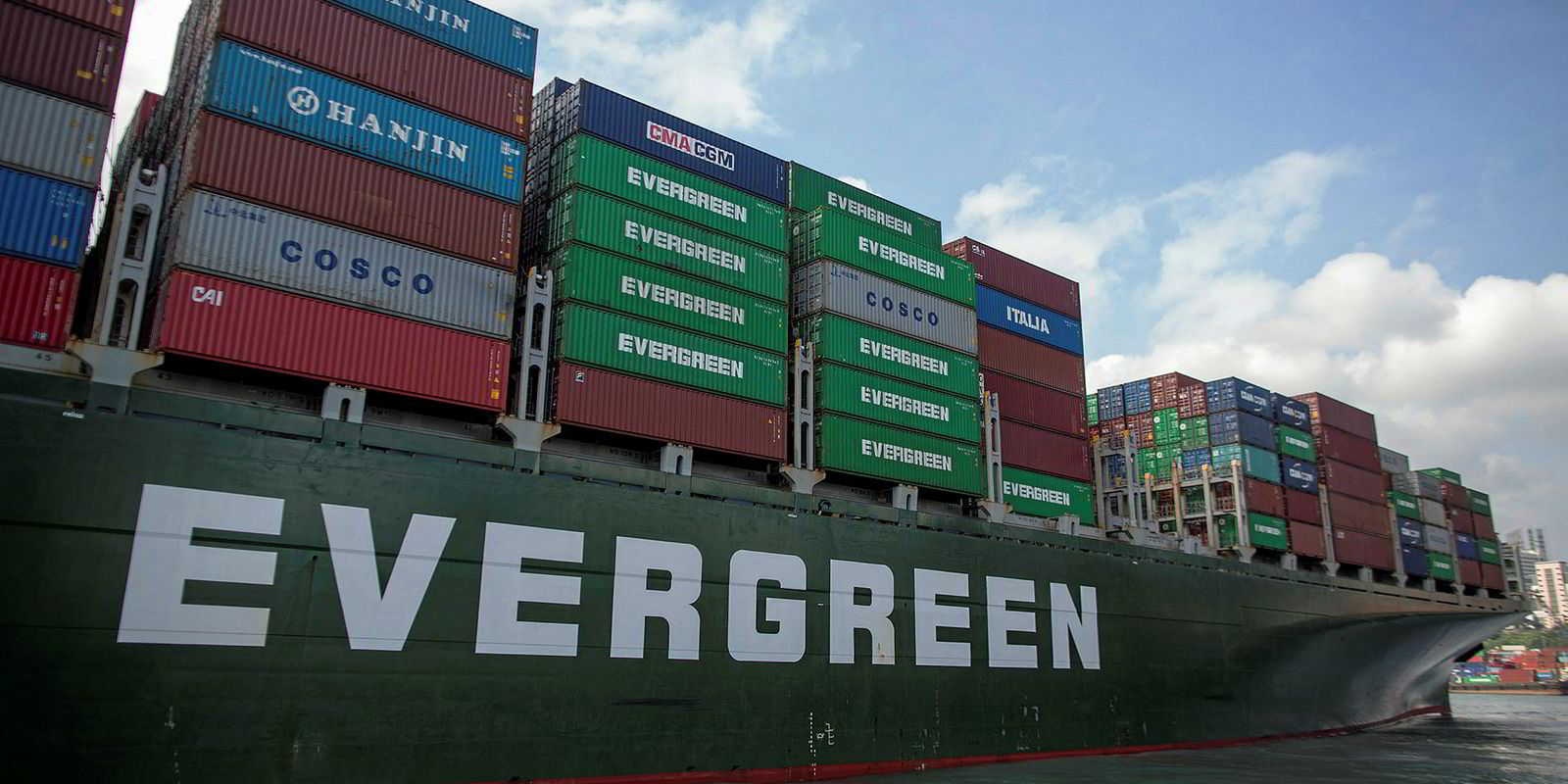A UK court has delivered a speeded-up ruling backing a miner in a legal row with insurer Aegis and others over stolen steel cargoes due to the pending re-imposition of US sanctions against Iran.
UK high court judge Nigel Teare said he had "expedited" a case involving claimant Mamancochet Mining dating from 2012 because an insurance payout after 4 November would be prohibited by the US restrictions.
UK-based Mamancochet is the assignee of a cargo insurance policy that protected Metalloyd Limited against the risk of theft of two cargoes of steel billets worth $3.8m carried on board the 3,600-dwt Gelius 2 (built 2008), operated by Albros Shipping & Trading of Turkey, and another ship named as Gulf Trader from Russia to Iran on 23 and 25 August 2012 respectively.
It was common ground that, on arrival at the port of Bandar-e-Anzali in Iran, the cargoes were put in bonded storage.

The purchaser, Liberal Resources FZC, did not pay for them and Metalloyd arranged for substitute bills to be issued naming an Iranian national as consignee.
The goods were stolen from their bonded storage by presentation of fraudulent documents at some time between 22 September and 7 October 2012.
Claim made in 2013
Following discovery of the theft of the cargoes, Metalloyd made a claim under the policy in March 2013.
The defendant underwriters have never denied that, in principle, the assured (and, latterly, the claimant as assignee) has a valid claim under the policy, Teare said.
However, they resisted payment on the basis of the 'sanction limitation and exclusion clause' in the policy, where payment can be withheld if the insurer would exposed to sanctions.
US sanctions were withdrawn following the 2015 nuclear deal, but US president Donald Trump is reimposing them on 4 November after a wind-down period.
This prompted a claim to be made again before the payment window slammed shut.
A total of 19 underwriters have since settled the claim, but 11 have not.
It is agreed that in 2012 when the cargo was shipped to Iran, the defendants, being foreign subsidiaries of US persons, were not subject to the then current sanctions against Iran.
However, from October 2012 entities owned or controlled by a US person and established or maintained outside the US were prohibited, subject to the effect of the wind-down provision, from knowingly engaging in any transaction, directly or indirectly, with Iran that would be prohibited if engaged in by a US person.
Nuclear deal opened up liability again
Thus in March 2013 when the claim was submitted, after the wind-down period had expired, payment of the claim would have been prohibited and would have exposed the defendants to a sanction.
But after the Iranian nuclear deal, the US issued a general licence in January 2016 meaning the claim could be paid in UK sterling, not US dollars.
The defendants argued that the wind-down provision did not apply to transactions or activities that arose prior to the issue of the licence, but Teare disagreed.

And the judge found the defendants had been unable to show that the steel would have been used for sanctioned activities.
The insurers also said that once the sanctions clause was triggered, its effect was to extinguish any liability of the defendants to pay the claim.
But Teare ruled there is nothing in the sanctions clause which purports to extinguish a claim.
"Rather, the clause provides that 'to the extent that' payment of such claim would expose the insurer to sanction the insurer will not be liable to pay," he said.
"The meaning which those words would convey to a reasonable person is that for as long as payment would expose the insurer to sanction, the insurer is not liable to pay."
Thus the insurer became liable again in 2016.
It was also suggested by the defence that this "suspensory interpretation" leads to potentially open-ended liability.
Liability is potentially open-ended
"I agree that it does, subject to the effect of limitation," Teare said.
"However, I disagree that this consequence means that the clause should be construed so as to extinguish liability once the insurer is exposed to sanctions.
"The wording of the clause does not permit such a construction. If proceedings are commenced (to stop the limitation period running), I see no difficulty in staying the claim (during the period when liability to pay is suspended) and then lifting the stay (when the sanctions are relaxed) so as to permit the claim to be paid."
It was also said that the interpretation is both undesirable and uncommercial.
"I disagree," Teare wrote.
"In my view, it would be a sensible way of managing the claim, where payment is, for the time being, prohibited. The defendant insurers will be able to account for the suspended liability in their books."







